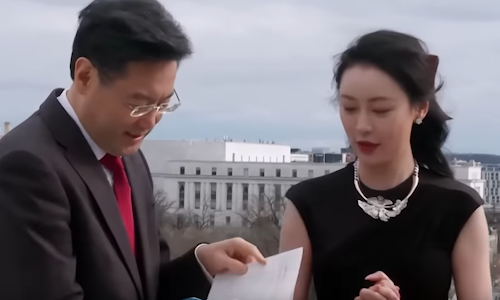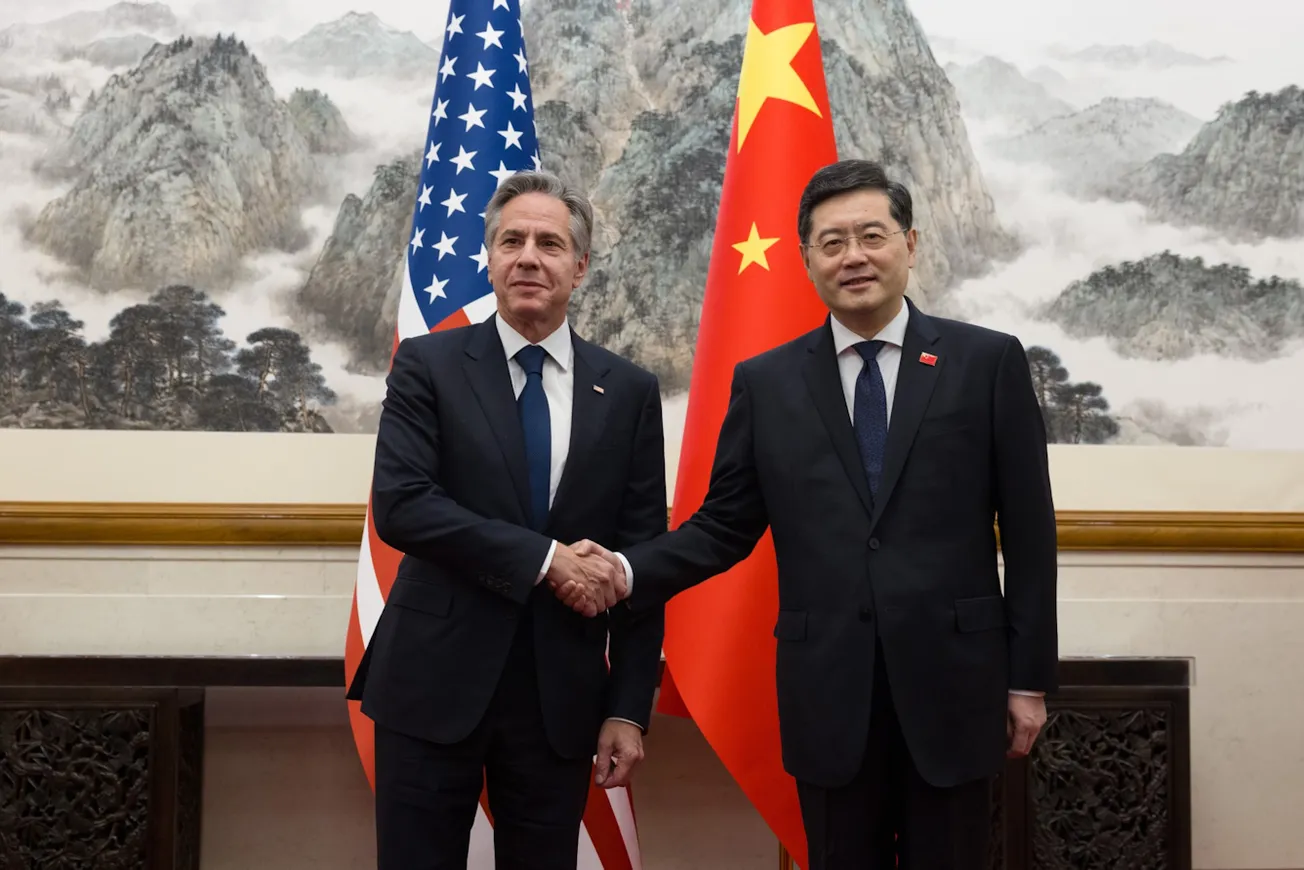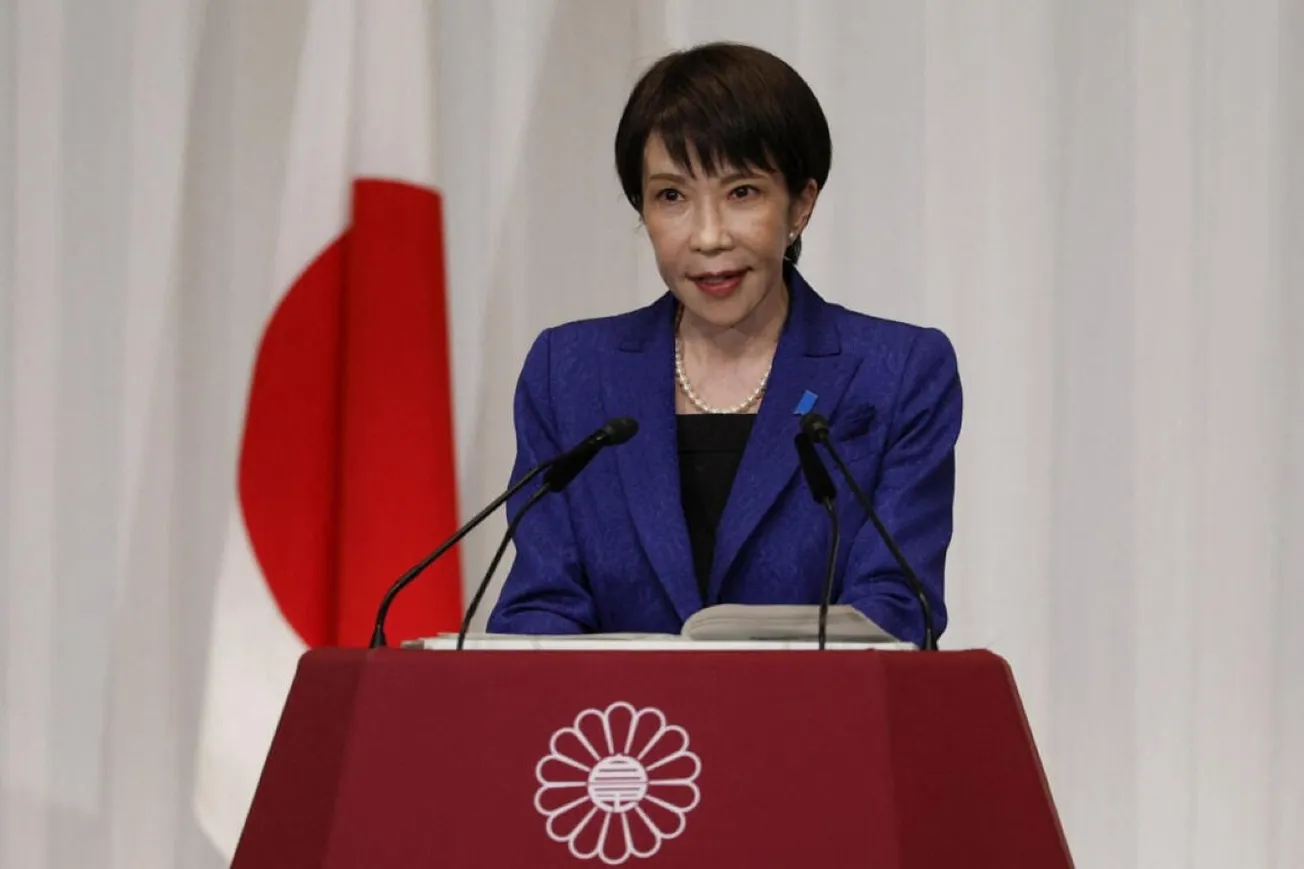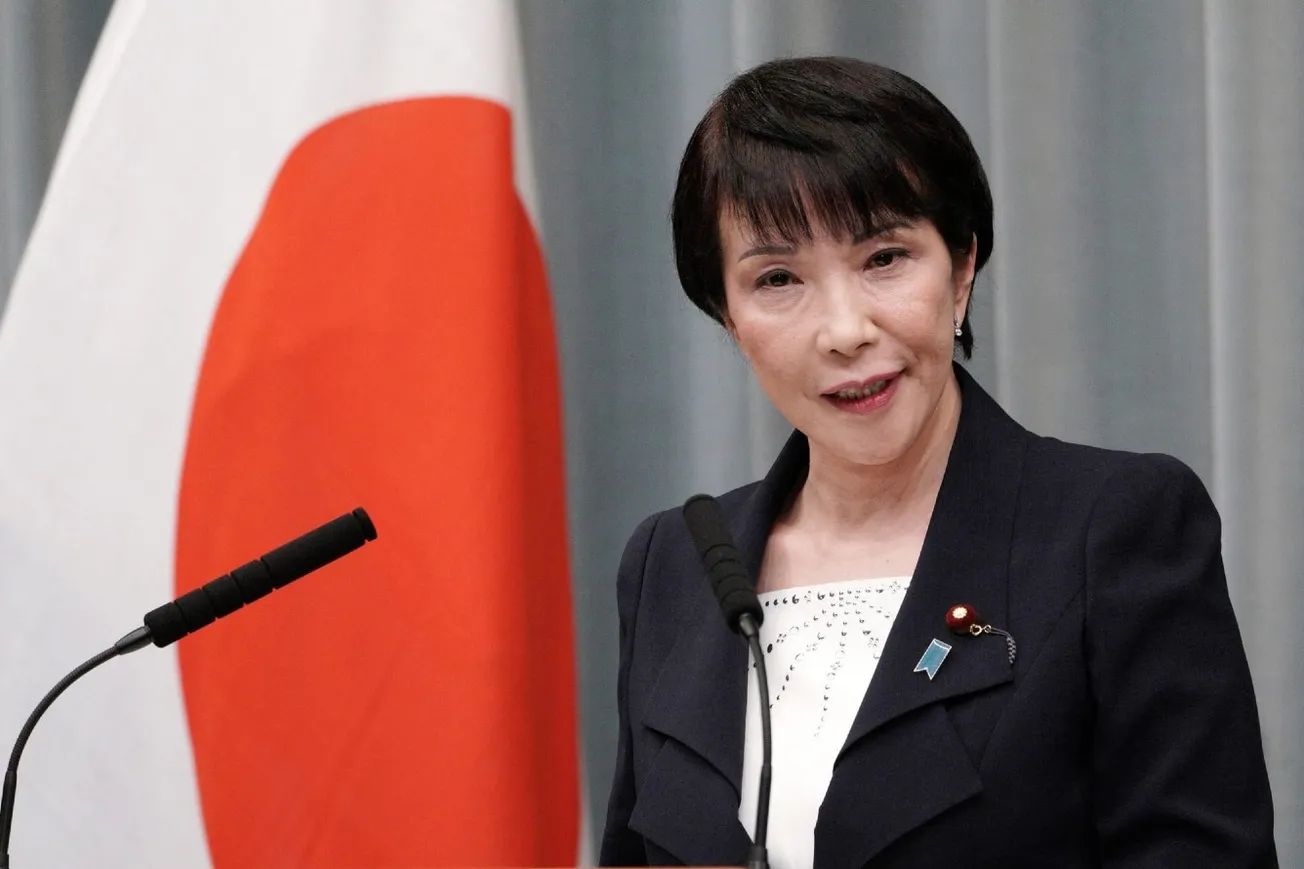Beijing, or more accurately, the Chinese government seated in the historic city, does not deign it necessary to explain its actions to its citizens, let alone foreigners. Questions are not welcome; curiosity is not entertained in China.
Sacking the Foreign Minister, the face of the country on the world stage, without an explanation was bound to raise concern. But then, that’s of little concern to the Communist Party of China.
The former Foreign Minister Qin Gang remains in the State Council, adding to the puzzle. In China, state councilors outrank cabinet ministers. So, at least for now, Qin is within the Communist Party’s fold, though out of the foreign ministry. This fact raises even more questions about why the seasoned diplomat thought to enjoy the President’s backing “disappeared” after just 207 days in office.
The Chinese government is proficient at making high-profile persons “disappear”– from the public and digitally. Such instances are often preceded by public criticism or accusations of corruption. Those who go “missing” “come back” later without explanations or excuses. It is another of Beijing’s quirks that people are resigned to as the establishment is shrouded in secrecy.
Besides, China has staunchly stuck to a policy of “non-interference in domestic affairs” of others. Beijing has often reiterated that it expects the same courtesy. Beyond respect and consideration for other governments and their modus operandi, this principle of non-interference is used to ignore human rights violations, autocratic rule, and myriad other wrongdoings.
While this has helped Beijing forge alliances and advance its interests in lucrative fields, it also keeps one of President Xi’s cherished dreams out of his reach – becoming a global power with clout at par or more than that of the U.S.
The Chinese leader fails to understand that opacity and arbitrariness are not characteristics that build trust. Explaining does not always make one weaker. Predictability in governance and actions are necessary to forge relations on the global stage. Manufacturing prowess, gigantic trade volumes, and economic potential are not substitutes for leadership qualities.
The initial disappearance and unexpected ouster of Qin Gang has given rise to rampant speculation. His absence from public forums was initially attributed to “ill health.” His sacking, it is rumored, is because of an alleged affair with a journalist. Since coming to power, President Xi has purged corrupt officials and others who have tarnished the image of the Party.

If the firing resulted from personal misconduct, as rumors suggest, the “ill health” ruse could have served better than utter silence. The lack of transparency has left those who interacted with him in an official capacity wondering whether the new Foreign Minister also signals a shift in policy. Though the government is bigger than one minister, there may be doubts regarding the business that Qin Gang conducted.
Flashing the “health reasons” card or any other plausible reason would have dialed down speculation and curiosity. The lack of transparency only adds to the perception that Beijing is unpredictable and indifferent – not desirable traits in an aspiring world leader.
Like our insights? Show your support by becoming a paid subscriber!








